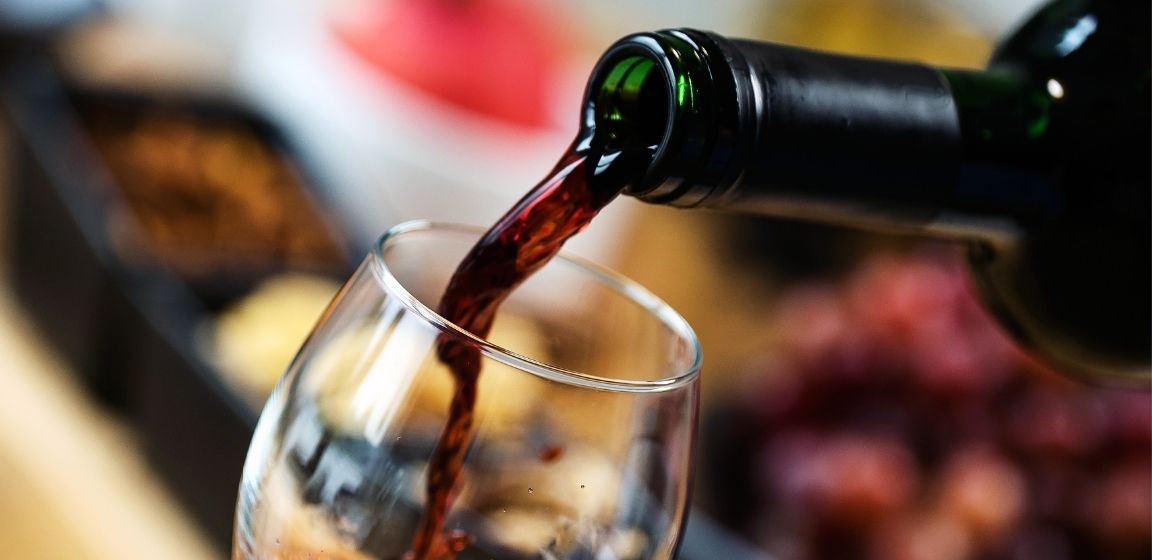[su_note note_color=”#ffe3e6″]This post contains affiliate links. Affiliate disclosure: As an Amazon Associate, we may earn commissions from qualifying purchases from Amazon.com and other Amazon websites.[/su_note]
The culture of wine to those who are just getting into the hobby often seems complex and mysterious. This is mostly because the words and processes surrounding winemaking itself are characterized as rare and exclusive. However, if you stick with it and strive to learn about the different winemaking processes, you can enjoy the artistry of wine much more. In this article, we will explore different winemaking processes that affect taste, explain each, and try to provide a background into why these processes affect the taste in wine.
Ladle of Contents
Harvest Date
The first major factor that affects the taste of wine is the harvest date. As grapes stay longer on the vine, they tend to slowly migrate from a more acidic, bitter, and earthier taste to a sweeter, less acidic, and more fruity taste. This has to do with the overall maturity of the tannins within the wine itself, whose presence causes different sweet and earthy tastes in wine.
Cold Soaking
Cold soaking—the process of allowing grape skins to mix with the juice at low temperatures—is a huge part of how the winemaking process affects taste. Cold soaking works to extract the color and flavors from grape skins placed in a tank, staving off fermentation for just enough time to have the sweeter tannins become present in the mix while the bitter tannins are left behind in the now used grape skins.
Fermentation Temperature
Fermentation is the main process that gives wine its taste and color. This process greatly varies based on the temperature at which the fermentation process occurs. As a rule, warmer fermentation processes result in a red wine, while cooler fermentation processes result in white and rose wines. This is due to the volatility of the reaction, and the speed at which it occurs correlates directly to the temperature. Overall, this results in a gain or loss of aroma compounds.
As one begins to understand the different winemaking processes that affect taste, one will gain a much better appreciation and understanding of the artistry that goes into winemaking, allowing them to thoroughly enjoy their newfound interest that much more.



